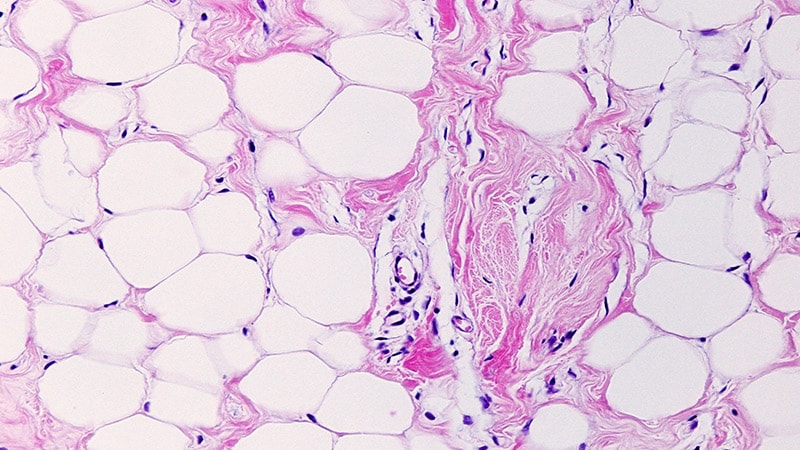There are associations between early-life pain exposure and altered brain development in preterm infants, especially in girls. Further, decreased brain structural connectivity is tied to poorer neurodevelopmental outcomes at 18 months, according to study results published in JAMA Network Open.
Researchers conducted a prospective cohort study at the Hospital for Sick Children and Mount Sinai Hospital in Canada between April 2015 and April 2019 to assess sex-specific associations among pain exposure in early life, changes in neonatal structural connectivity, and neurodevelopment outcomes in preterm infants.
Infants of less than 32 weeks’ gestational age were eligible for inclusion. Pain was quantified by the number of invasive procedures attempted. Magnetic resonance imaging (MRI) was used to identify pain injury and compute graph theory metrics. The Bayley Scales of Infant and Toddler Development, Third Edition was used to conduct 18-month neurodevelopmental assessments, with scores ranging from 45 to 85 (on a scale of 45 to 155) indicating neurodevelopmental concerns. Generalized estimating equations were used to assess whether pain exposure modified the maturation of structural connectivity using an interaction term, stratifying by sex. Adjusting for extreme prematurity and maternal education, generalized estimating equations were also used to evaluate associations between structural connectivity and neurodevelopmental outcomes.
“
Understanding how analgesic medications modify brain networks in a sex-specific manner may provide further insight into optimal pain management strategies.
Of the 193 infants recruited, 150 infants had adequate structural connectivity data at early life and/or term-equivalent age. The 70 (47%) girls (median gestational age at birth, 27 weeks; median birth weight, 789 g; median early-life invasive procedures, 182; maternal education level, undergraduate, 68%) had a total of 121 scans, while the 80 (53%) boys (median gestational age at birth, 27.7 weeks; median birth weight, 965 g; median early-life invasive procedures, 170; maternal education level, undergraduate, 73%) had a total of 133 scans.
Among girls, greater early-life pain exposure was significantly associated with slower maturation in global efficiency (P =.002) and local efficiency (P =.005), but not small worldness.
Among the full cohort, greater early-life paint was associated with lower global (coefficient, -0.46; 95% CI, -0.78 to -0.14; P =.004) and local (coefficient, -0.57; 95% CI, -1.04 to -0.10; P =.02) efficiency. Greater early-life pain was also associated with lower thalamocortical (coefficient, -0.003; 95% CI, -0.006 to -0.001; P =.008) and thalamostriatal (coefficient, -1.17; 95% CI, -1.77 to -0.57; P <.001) connection strength.
The strongest regional relationships between pain and regional connection strength were observed in the basal ganglia, limbic system, motor cortex, and primary visual areas.
A total of 123 infants were observed for neurodevelopment follow-up, with cognitive, motor, and language outcomes available for 123, 117, and 119 of those infants, respectively. Greater corticostriatal connection strength was associated with higher cognitive (coefficient, 0.08; 95% CI, 0.02-0.15; P =.02) and language (coefficient, 0.16; 95% CI, 0.07-0.25; P =.001) scores. Greater thalamostriatal connection strength was associated with higher cognitive scores (coefficient, 0.002; 95% CI, 0.0004-0.004; P =.01).
Study limitations included the observational study design and current lack of follow-up.
“Understanding how analgesic medications modify brain networks in a sex-specific manner may provide further insight into optimal pain management strategies,” the researchers concluded.
Disclosures: Some study authors declared affiliations with biotech, pharmaceutical, and/or device companies. Please see the original reference for a full list of disclosures.
This article originally appeared on Neurology Advisor









